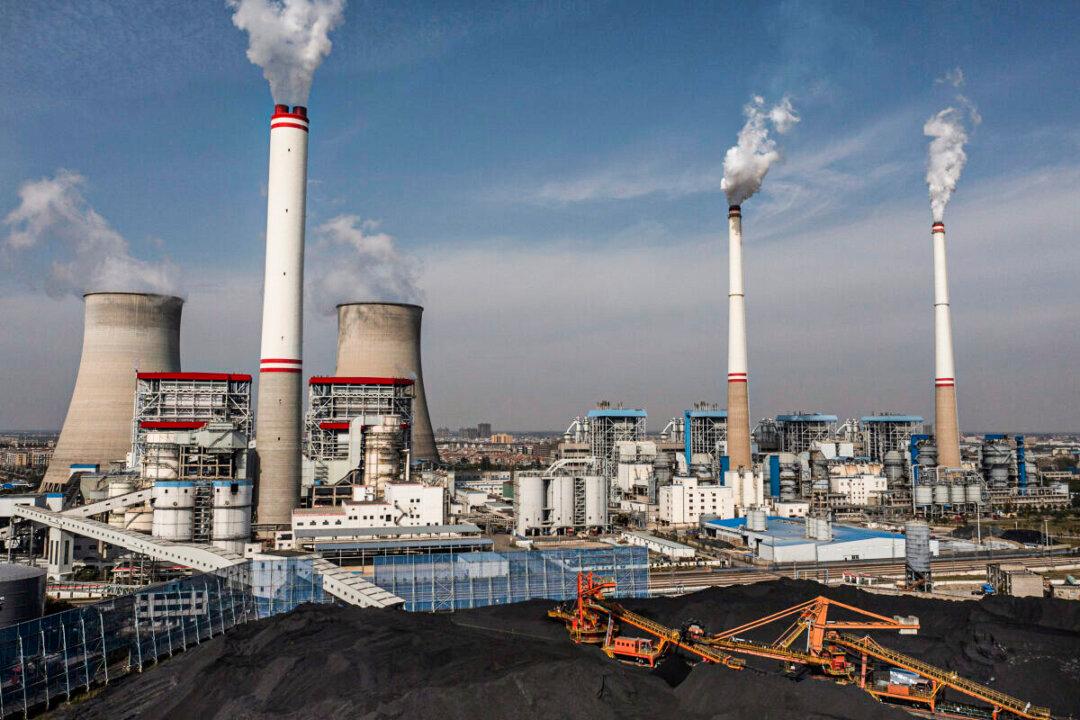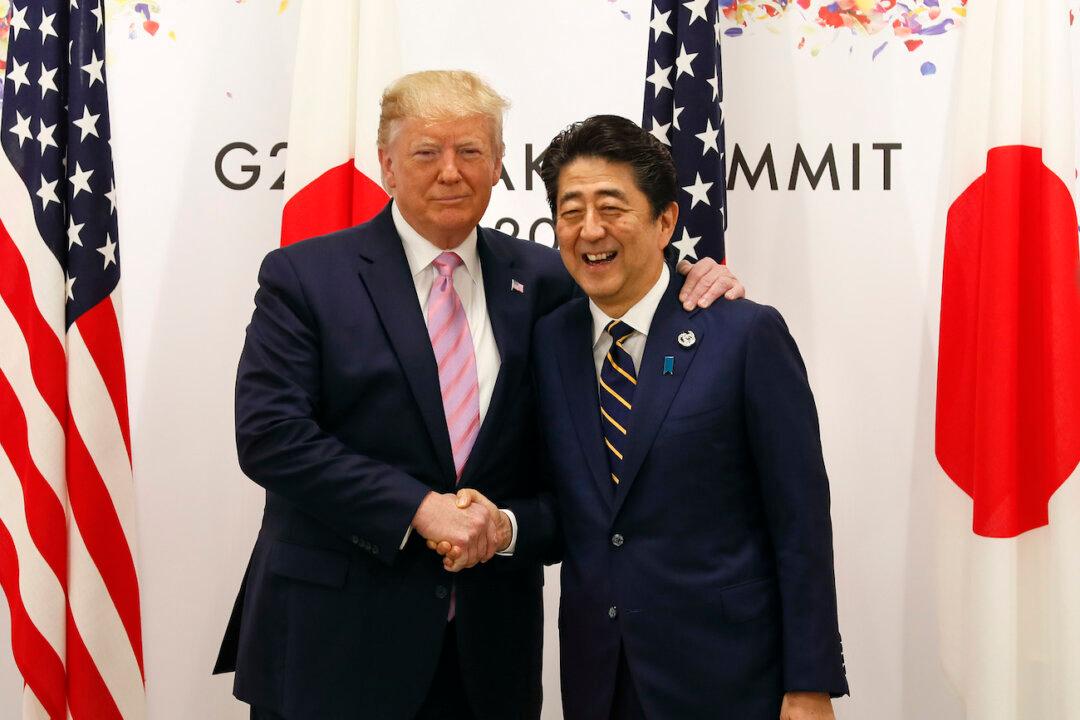Fifteen months ago, China publicly pledged to achieve carbon neutrality by 2060. However, analysts say the country’s ruling communist regime will unlikely fulfill such a commitment, based on its industry signs and its record of breaking international agreements.
On Sept. 22, 2020, Chinese leader Xi Jinping addressed via video link the United Nations General Assembly in New York, promising that his country would go carbon neutral within 40 years.




